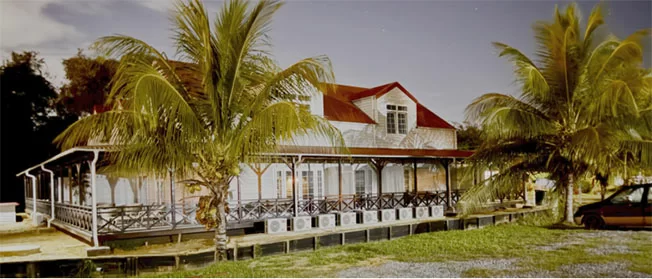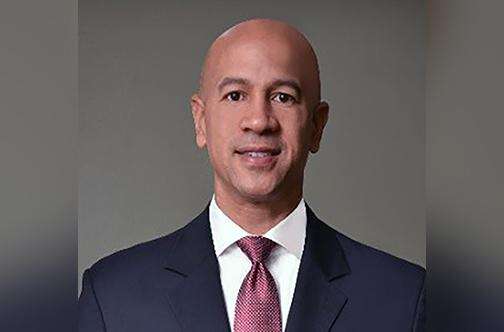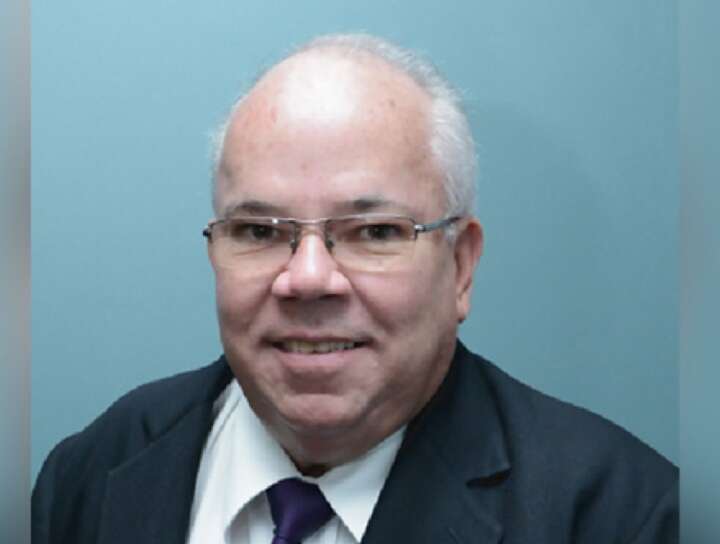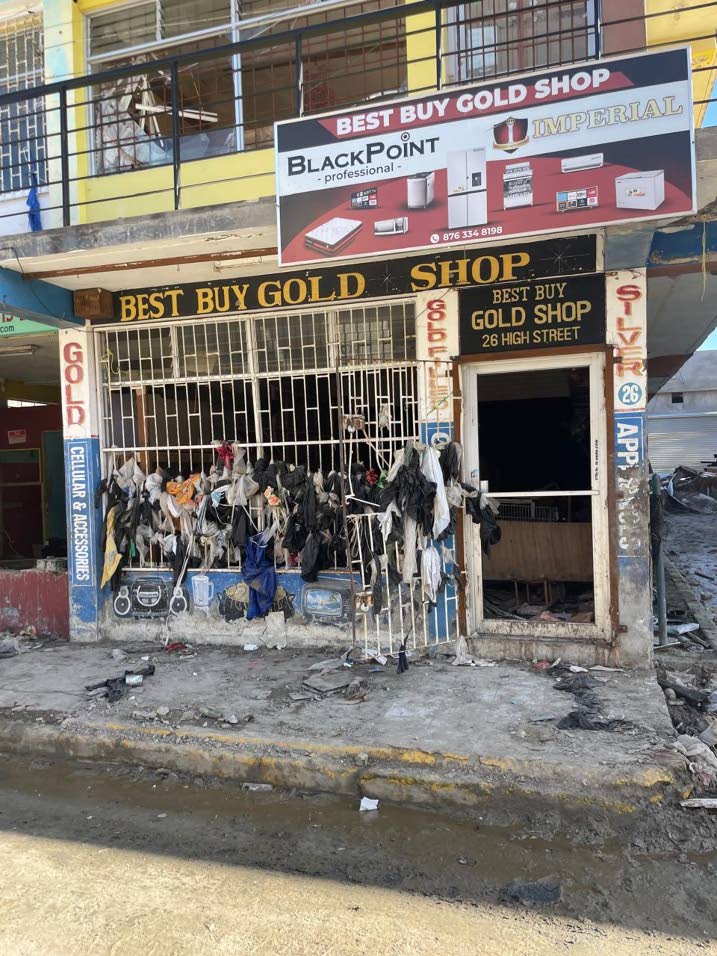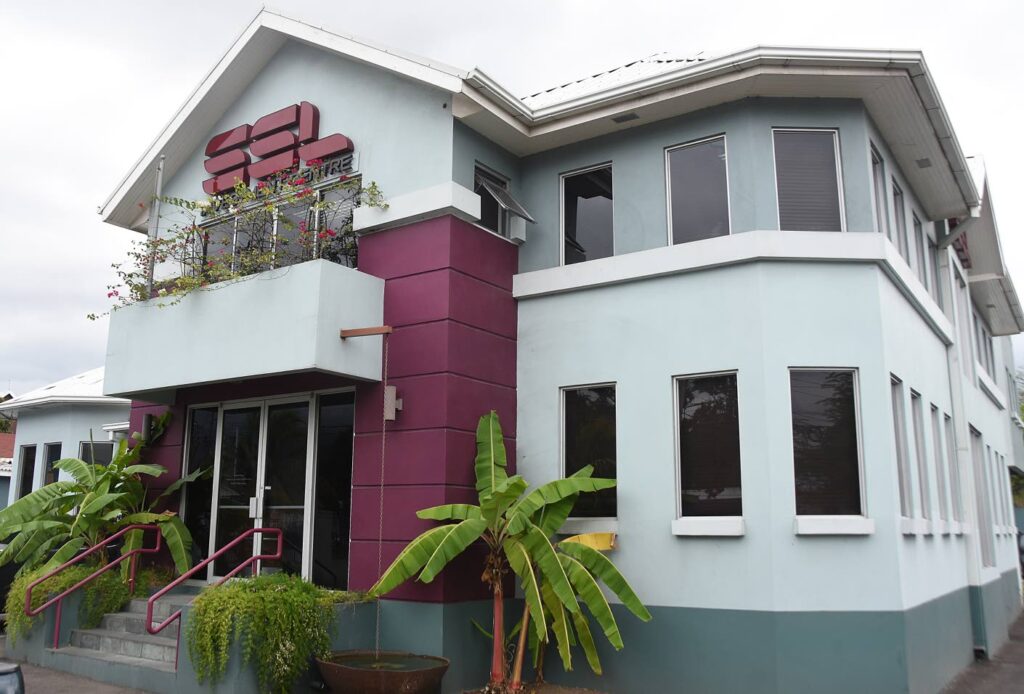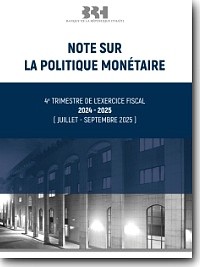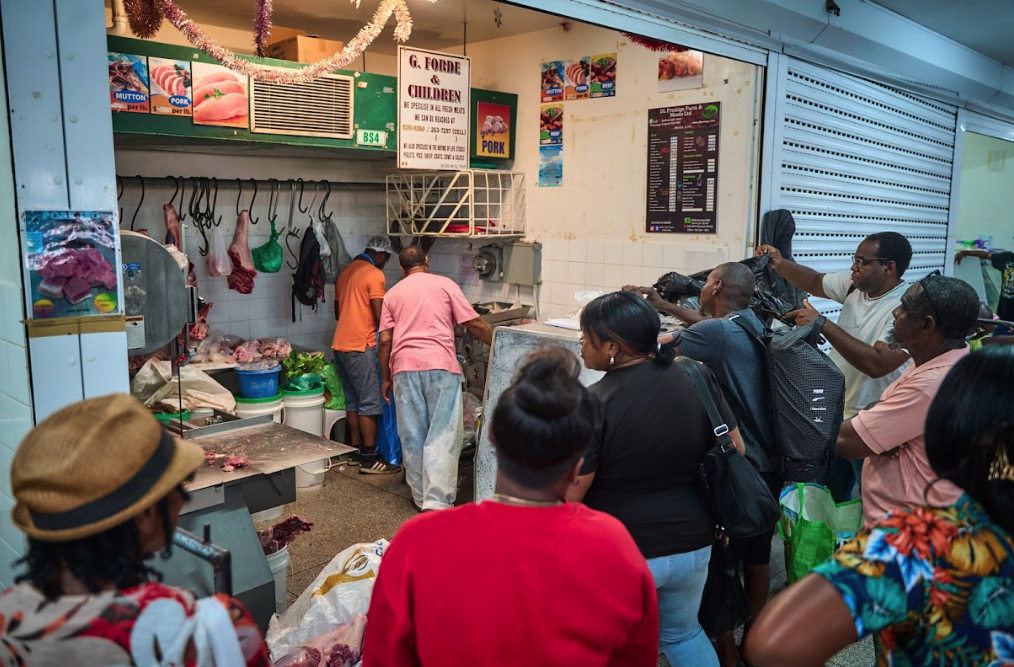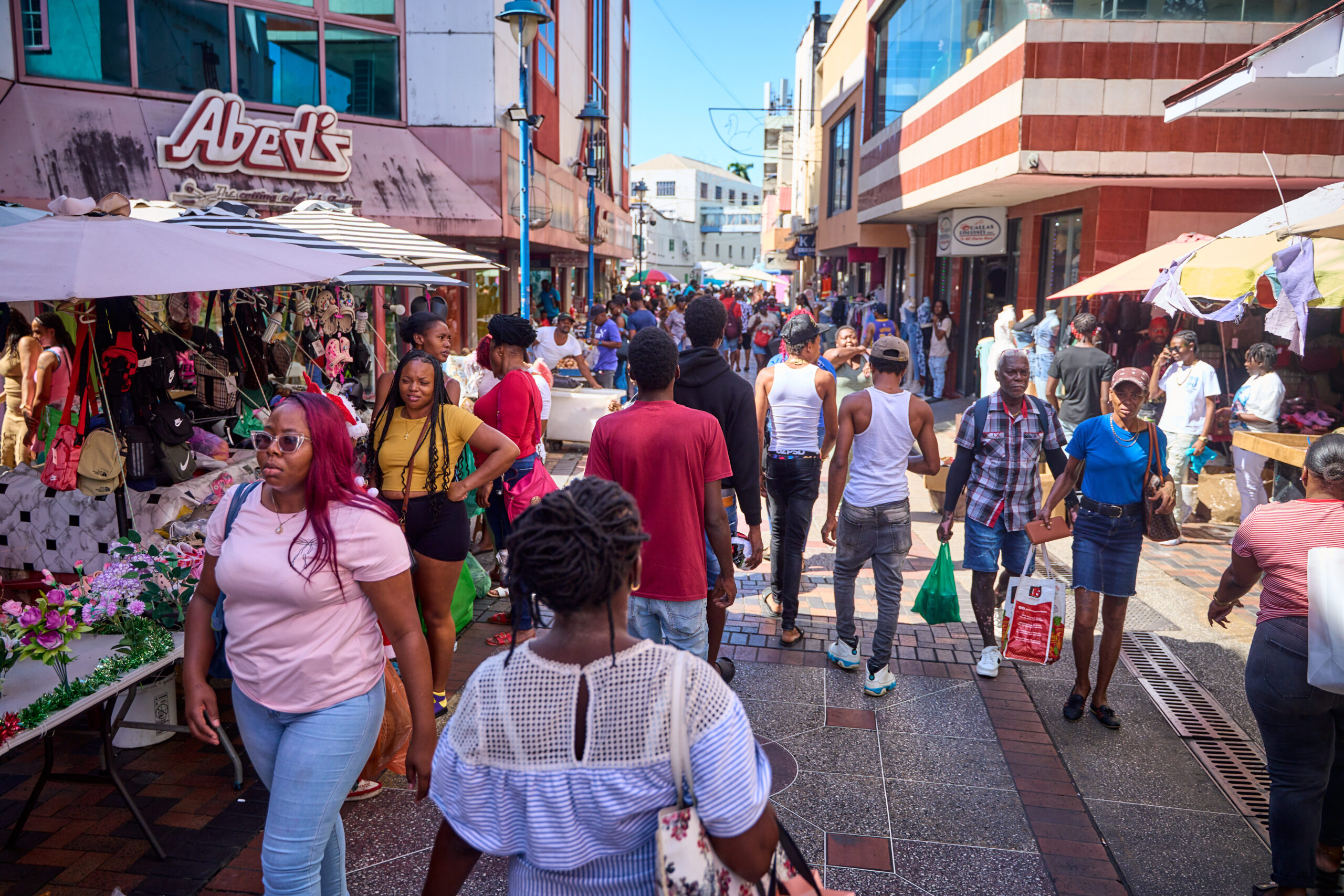Suriname’s hospitality landscape has welcomed a significant enhancement with the inauguration of Citrus House, a luxurious 20-room extension at Boutique Hotel Peperpot in Meerzorg. The new facility, which commenced operations on Friday, represents a strategic response to growing demand for upscale accommodation options in the Commewijne district.
This expansion seamlessly integrates modern amenities with the tranquil, green surroundings of the historic Peperpot area, offering guests an immersive experience that balances contemporary comfort with environmental serenity. The development marks a pivotal advancement in Suriname’s tourism infrastructure, targeting both domestic and international travelers seeking premium lodging experiences.
General Manager Jerry A-Kum emphasized that the project transcends mere capacity increase. “We are not simply adding rooms but creating an entirely new dimension of comfort and experiential travel,” he stated. “This initiative strengthens our service portfolio while making tangible contributions to Suriname’s tourism growth trajectory.”
The Citrus House development reflects Boutique Hotel Peperpot’s commitment to elevating the nation’s tourism standards through infrastructure enhancement. By preserving the area’s distinctive character while introducing sophisticated accommodations, the establishment positions itself as a catalyst for high-quality tourism development in the region.
This investment demonstrates the hotel’s dedication to providing memorable, high-caliber experiences that align with Suriname’s evolving tourism ambitions, potentially setting new benchmarks for hospitality excellence in the Caribbean nation.
